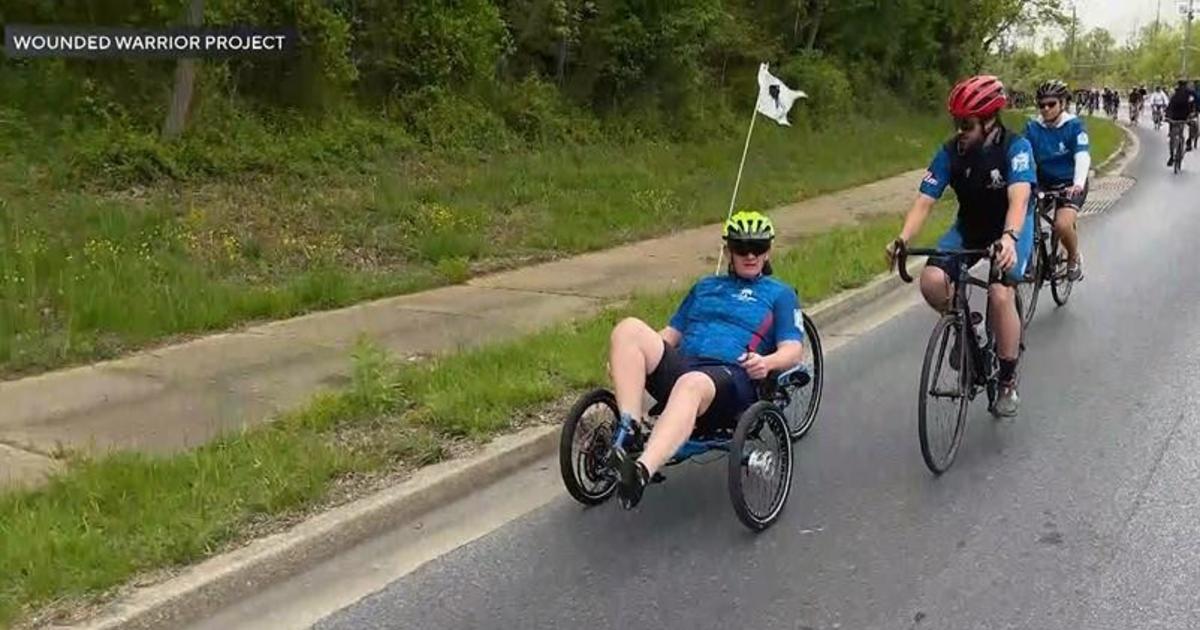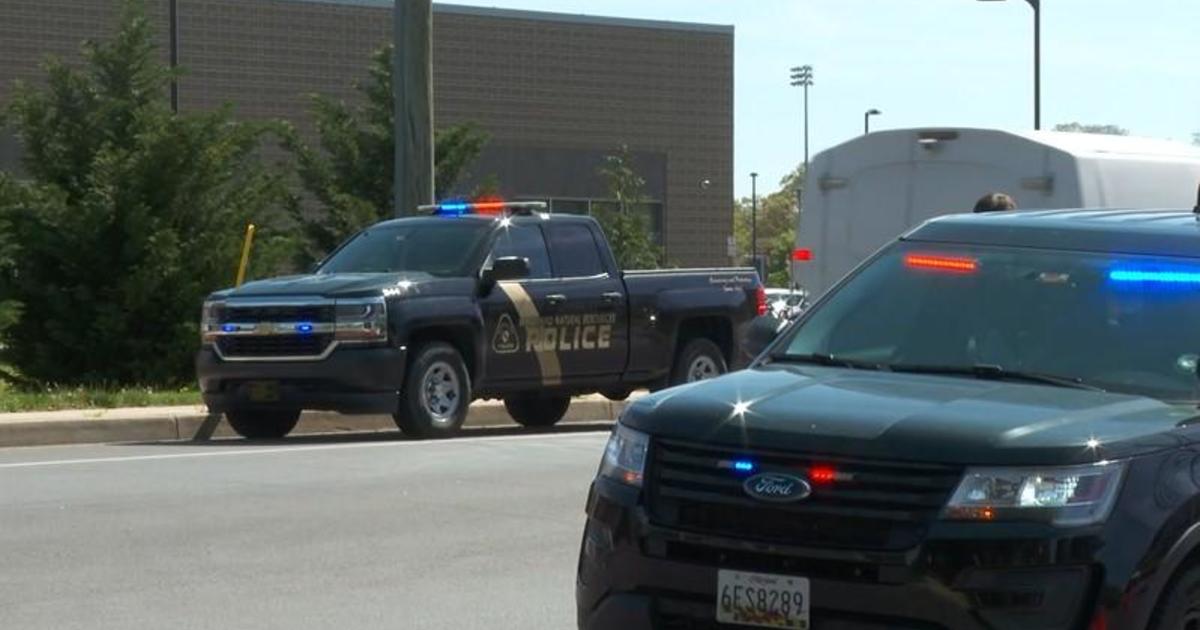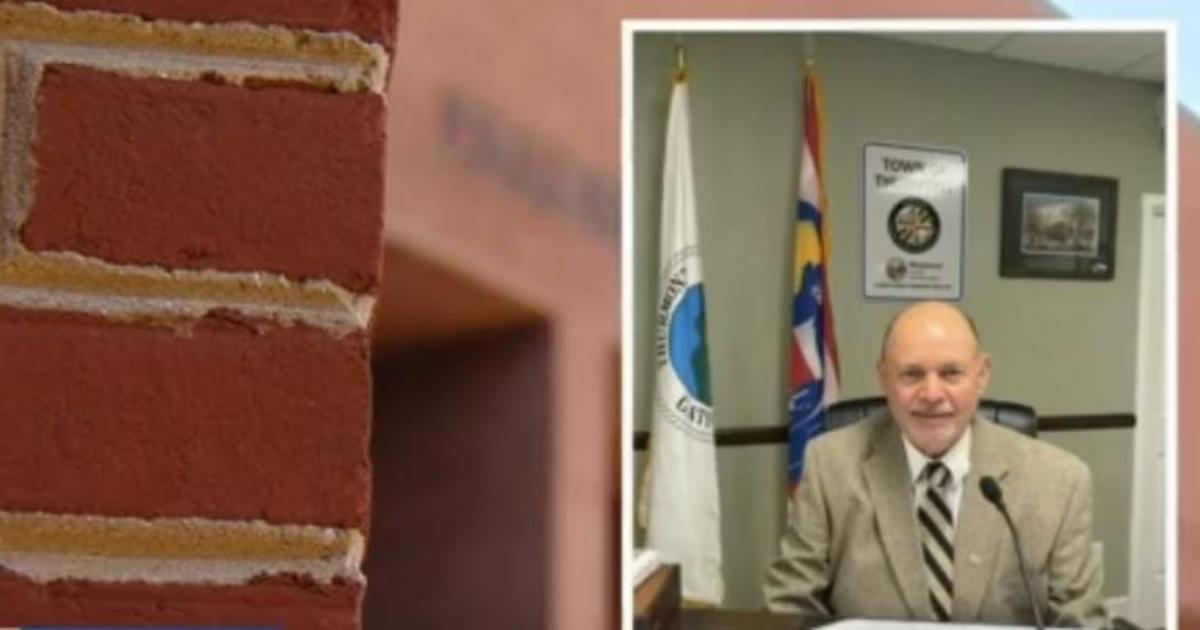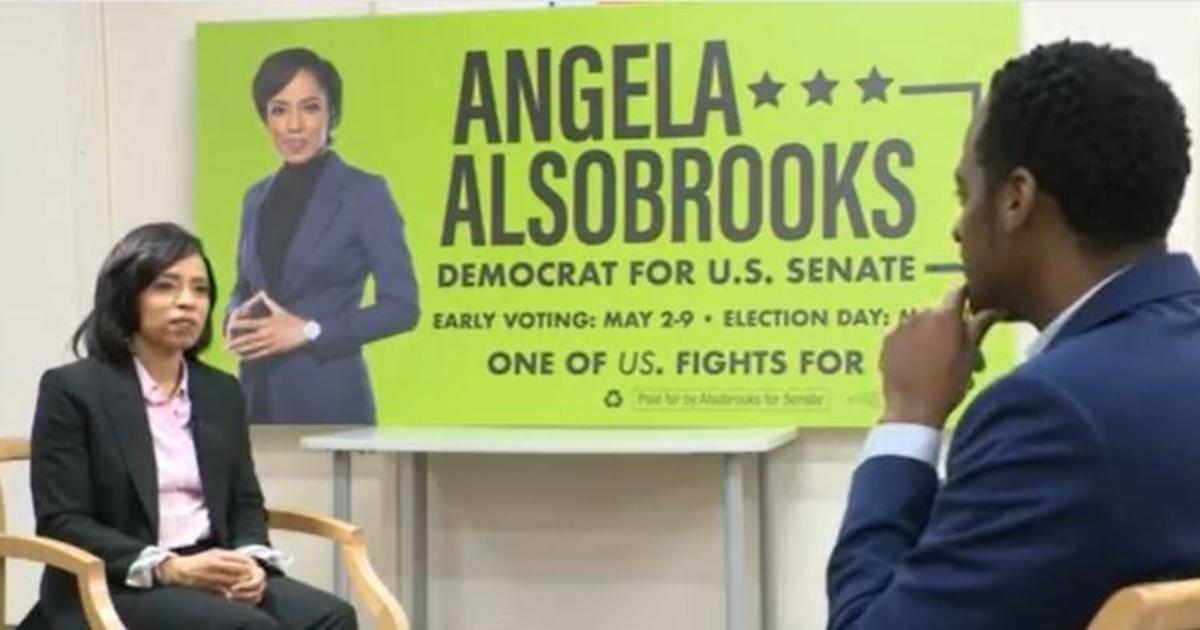Organized Sports And Failure To Report: Is Your Child Safe?
By Eliza Buergenthal, Baltimore Child Abuse Center staff
What are the Boundaries of the Athlete/Coach Relationship?
In sports, so much of what it takes to be the best—on the field, court, dance floor or mat—is physical. To perfect a tackle or a squat or pirouette may require physical contact between a coach and an athlete. Sometimes, within that contact, a line is crossed. But how does a child know when something may be inappropriate? How are the boundaries within the athlete/coach relationship defined in a way that is healthy and safe?
Coaches are given an incredible amount of access to our children and need to be held to the same standards as other adults in whose care they are placed (health practitioners, police officers, educators and human service workers, all of whom are mandatory reporters).
As a coach becomes a mentor and advocate for a child on the field, bonds often form between coach and athlete. What can sometimes occur is a sense of duty and obligation on the part of the athlete to the coach. Athletes see how a coach has taken a special interest in them; in cases of manipulation and abuse, this power structure is leveraged to the benefit of the perpetrator. Athletes and parents may not want to report inappropriate behavior because they do not want to disappoint a trusted adult for whom they have feelings of gratitude and respect, or they don't want to risk losing their coach's favor or getting kicked off the team. Often athletes are afraid they may jeopardize a community's pride, their own success, or the trust of their teammates. The threat of suspension of a player, termination of a program or forcing a forfeit in a big game holds power over victims and caregivers alike.
What can parents do?
Get out in front of it. Acknowledge and talk about the risks with both your child athlete and their coach. Talk about healthy boundaries. Ask coaches, gyms, and recreational centers tough questions – have they had training on working with kids in a way that is safe? Do they know how to recognize signs and symptoms of abuse? What is their reporting policy?
Regardless of whether your child is playing in a premier league or a recreational team, be present. Show up to a random practice. Talk to other parents who have been through the program. When your child is contacted by program staff, make sure that you are included in conversations, or, if necessary, request that all communications come to you directly. Unfortunately, abuse can happen at every level, from Pee Wee Leagues through high school and beyond. Stay involved and stay alert.
On a larger scale, talk to your Representatives and raise awareness about abuse in your communities. Advocate for comprehensive policies and procedures around recognizing, responding to, and reporting abuse from all of your child's institutions and programs. Advocate for institutions and states to have strict penalties for those who fail to report abuse. Make sure there are protocols and trainings in place.
When coaches do not receive proper training, and when we do not advocate in our communities for better policies, it not only allows for failure to report abuse when incidents occur, but also for abuse to go on at the expense of future victims. Intervention, prevention and healing is delayed or unable to occur.
Baltimore Child Abuse Center has a comprehensive program for outreach and training. BCAC gives coaches, youth serving professionals, and the institutions they work for the tools they need to work with children safely, and to recognize, respond to, and report abuse. When everyone is educated and working together, we can better protect our children, and make a profound difference in the lives of not only our child athletes, but all children. Let's keep them safe.
------
Eliza Buergenthal is the Special Assistant to the Executive Leadership Team. She is a recent graduate of Syracuse University where she studied Public Policy, Public Relations, and Management. Eliza first joined the BCAC team as a legislative advocacy intern and plans to eventually attend law school with a focus on policy and lobbying.



